Sing Tao Probe | "A Holistic Approach to National Security" closely tied to daily life
Safeguarding national security is the responsibility of every citizen. But how much do people really know about the "Holistic Approach to National Security"? To fully implement this concept, the safety of both the nation and its people must be ensured. It encompasses 20 different areas—ranging from traditional domains such as military, political, and territorial security to non-traditional areas like artificial intelligence, data, ecological, technological, societal, and food security, all closely linked to people's everyday lives.
Sing Tao Probe interviewed three individuals from different sectors—including a district councillor, a representative from the agriculture and fisheries sector, and a legal expert—to hear their views on several key security domains.
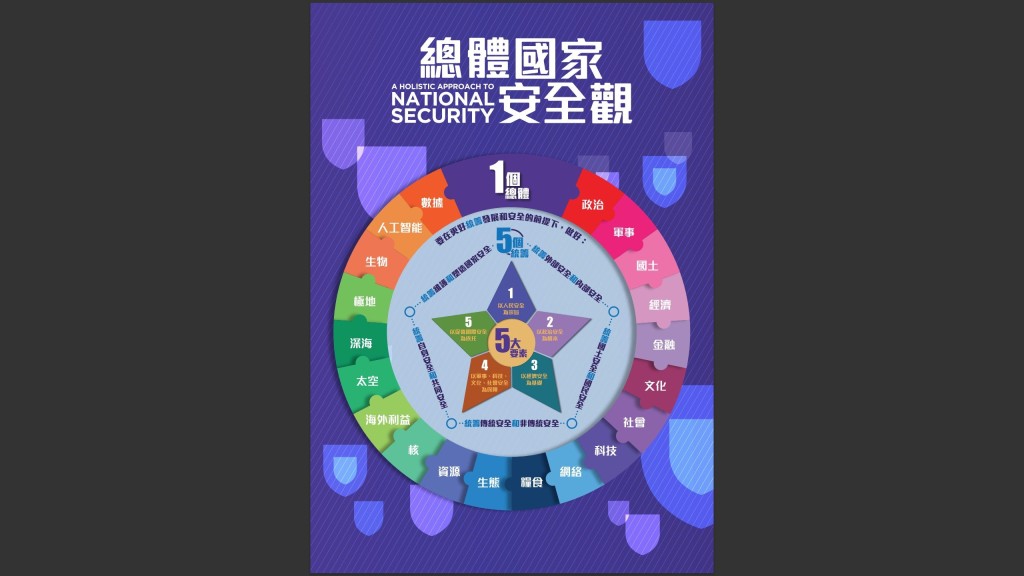
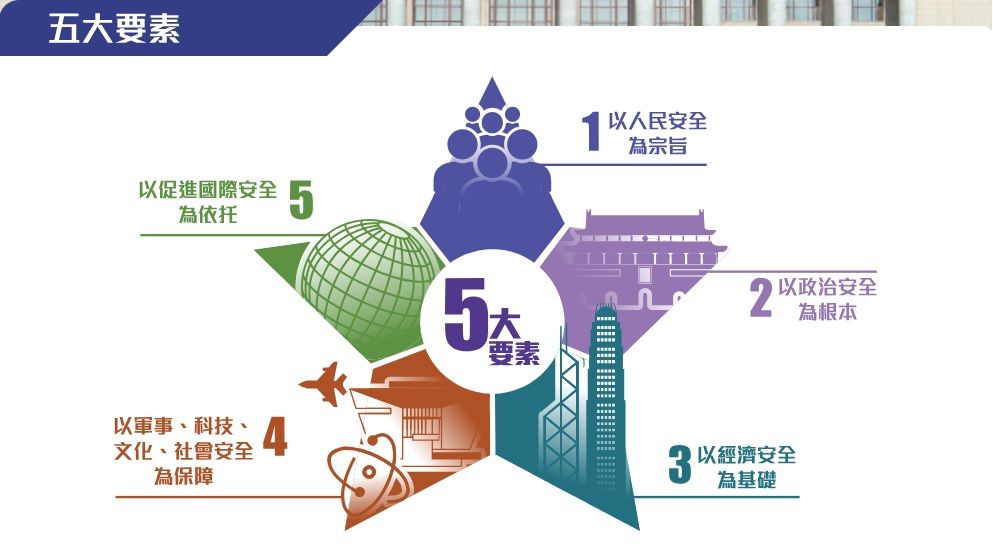
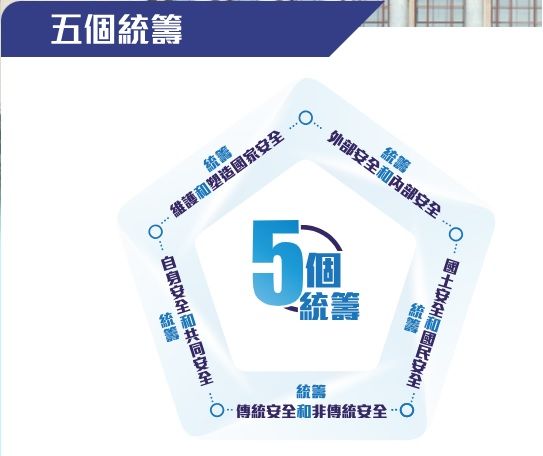


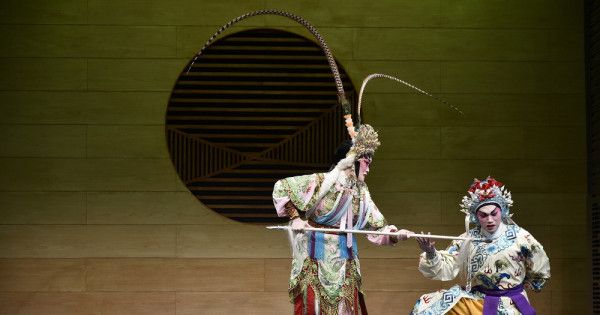
District Councillor Angel Chong Nga-ting: national security enables household security, culture is the soul of a nation
Sai Kung District Councillor Angel Chong focused on social security, saying that it concerns the safety of residents’ lives and property within the community, including public order, criminal activity, and violent or terrorist incidents—all of which are tied to daily life.
Chong believes that national security is a simple concept. Just as children are reminded to stay safe when leaving home, or elderly people and traveling parents are urged to be cautious, the notion of safety is something everyone hears from a young age. National security, she said, is simply the collective version of this—only when national security is ensured can families feel secure.
She also emphasized the importance of other domains, such as political security, which involves protecting the country’s regime, political system, order, and ideology from threats or subversion—making it the most fundamental aspect of national security. Cultural security, she said, is the soul of a country and its people. It underpins national stability, ethnic unity, and the preservation of shared values.
Ecological security, meanwhile, involves maintaining an environment that supports survival and development without significant harm or threats. This includes protection of water sources, land, atmosphere, biodiversity, and environmental safety. It affects not only people’s daily lives and health but also the country’s long-term development and stability.
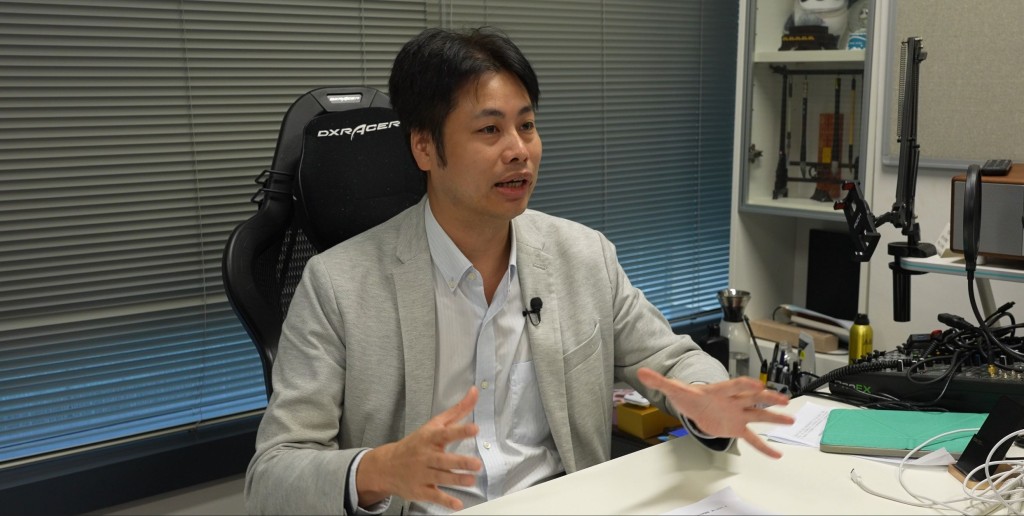
Agriculture & Fisheries representative Steven Ho Chun-yin: national territory includes the sea, not just land
Legislative Councillor for the Agriculture and Fisheries sector Steven Ho shared an incident in which Hong Kong fishermen encountered a large US resource exploration vessel in the South China Sea. The fishermen immediately alerted national fisheries and maritime authorities, leading to nine Hong Kong and mainland fishing boats intercepting or disrupting the foreign vessel, preventing it from deploying exploration equipment in China’s waters.
Ho noted that under the "One Country, Two Systems" framework, Hong Kong enjoys unique institutional advantages. He suggested that the city could partner with regions sharing similar systems or trade interests to develop food and gene technologies—such as establishing a gene bank in Hong Kong. In times of global food crises, Hong Kong could play a vital role in research and support using its institutional edge.


He stressed that having land without people, or people without land, is unworkable. For fishermen, maritime territory is essential. Without it, their livelihood and resources are at risk. "Territory is not just land, but also the sea," he said, expressing fishermen’s unconditional support for protecting the nation’s resource security.
Regarding space security, Ho said it should not be underestimated. China’s space technology advancements include sending agricultural seeds into space, where they were found to grow larger or faster. How such innovations can be integrated into daily life—or influence food production—shows the interconnected nature of all security areas. These overlapping concerns can deeply affect national development.
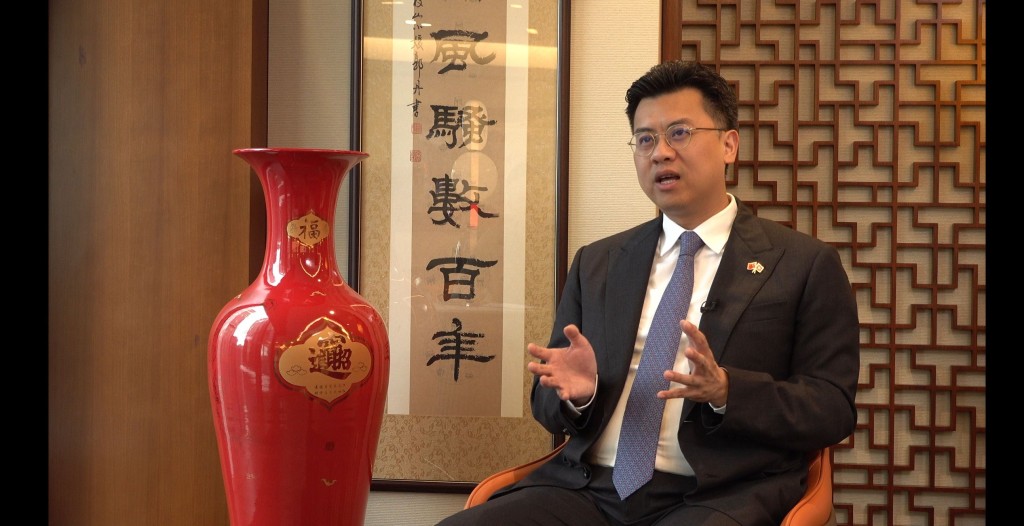
Dr. Louis Chen Xiaofeng: security domains evolve over time, military is key to national and civilian safety
Louis Chen, a legal scholar and member of the All-China Youth Federation, noted that while the "Holistic Approach to National Security" currently includes 20 defined areas, this number may change as society evolves.
He said that military security is the ultimate means to safeguard a nation’s sovereignty and system, stressing it is indeed an area related to security. It serves two main purposes: safeguarding the political power of the country and the security of the national territory and ensuring that citizens can live in a secure environment.
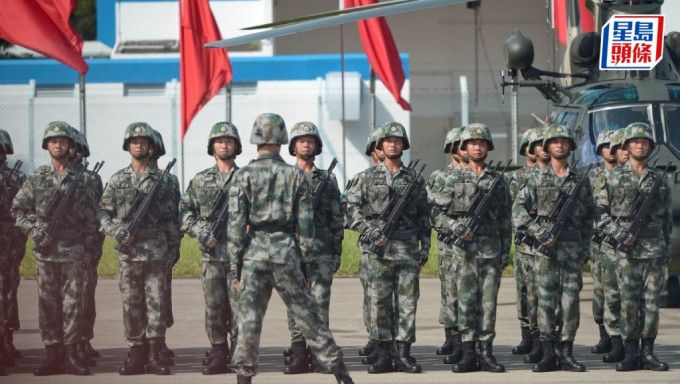
Artificial intelligence, he said, is a newly emerging domain. China has made significant progress in AI in recent years, prompting other countries to impose restrictions, including on chip exports. In 2023, a major milestone occurred with the launch of ChatGPT, which could eventually replace many functions. Chan pointed out that the United States considers such technologies strategic assets, as evidenced by its various restrictions and sanctions on Chinese high-tech firms. This, he said, is closely tied to national security. AI, he predicted, will become a key battleground among global powers.
Three individuals from different sectors have expressed their views on the Holistic Approach to National Security, demonstrating that national security is not merely about safeguarding sovereignty, unity, and territorial integrity. It is closely linked to various aspects of daily life, including culture, economy, technology, and food security.



